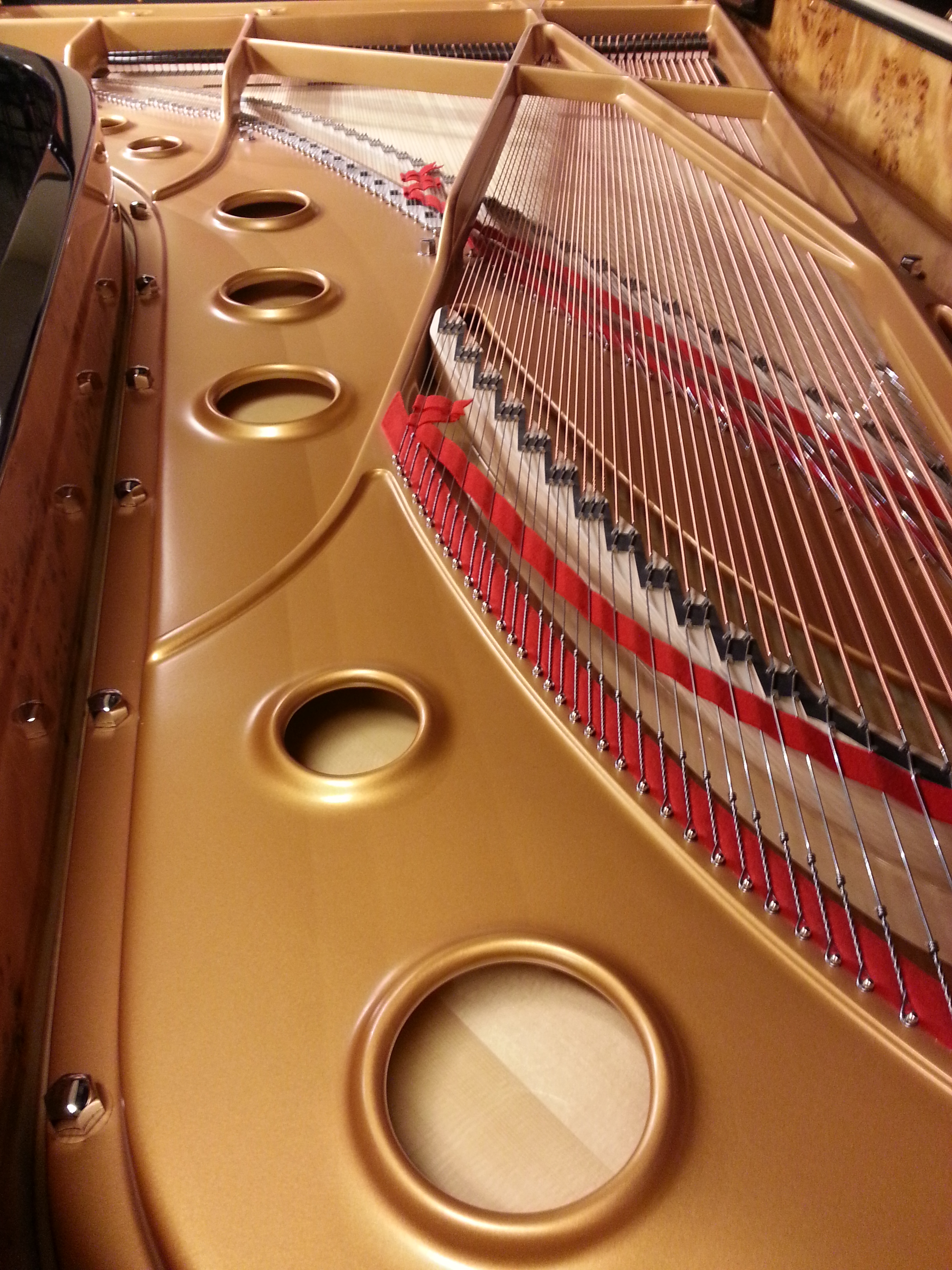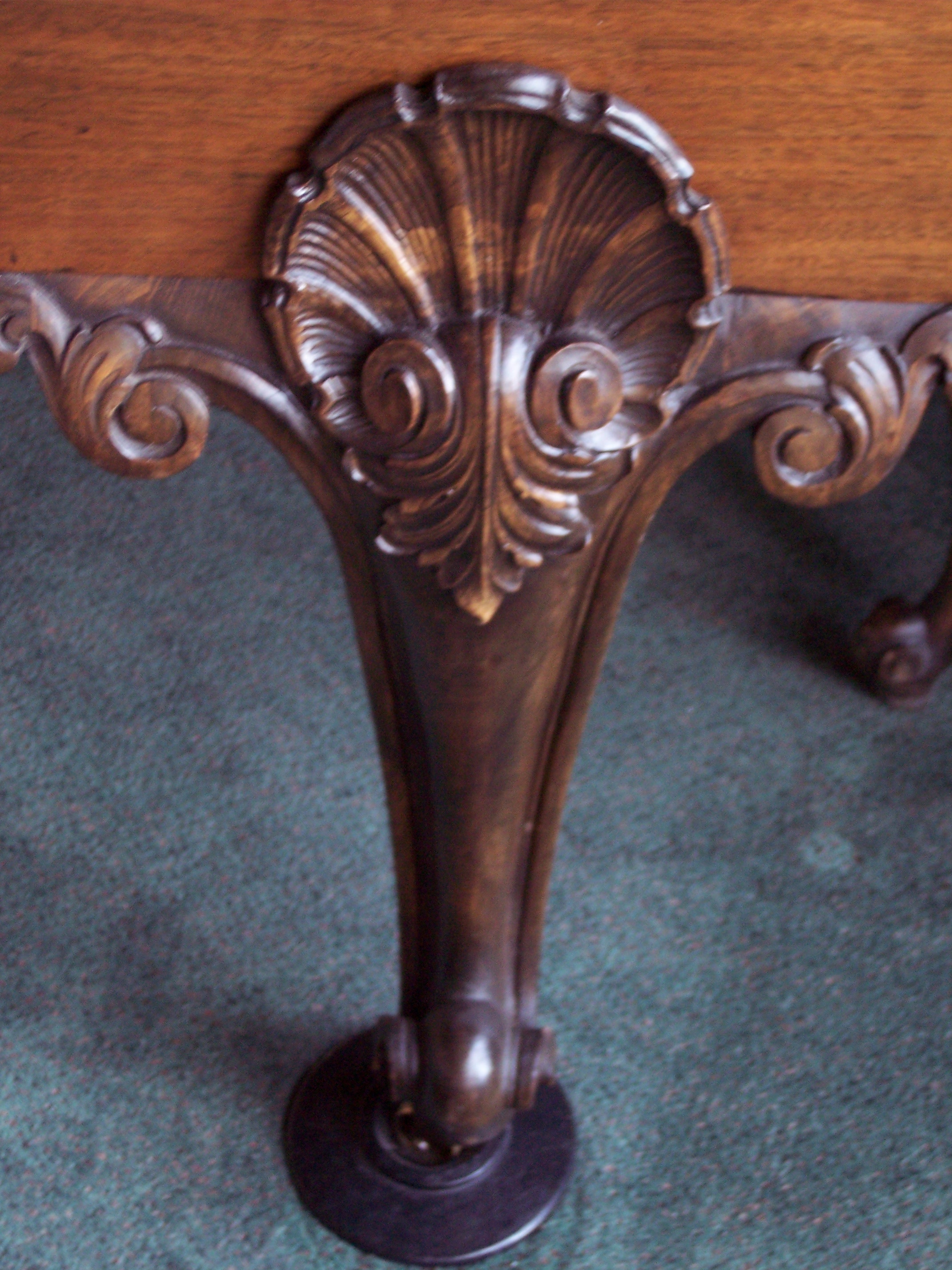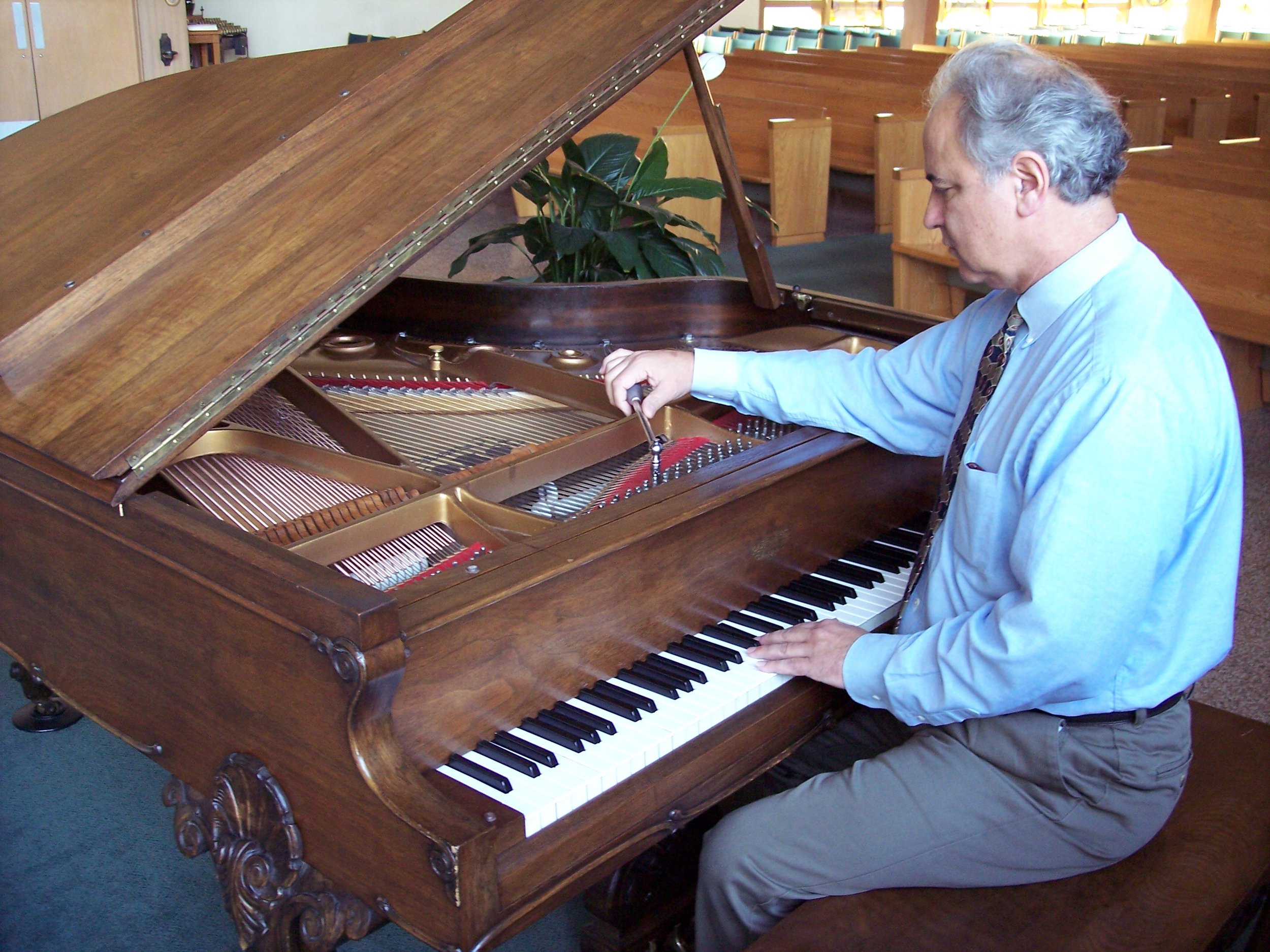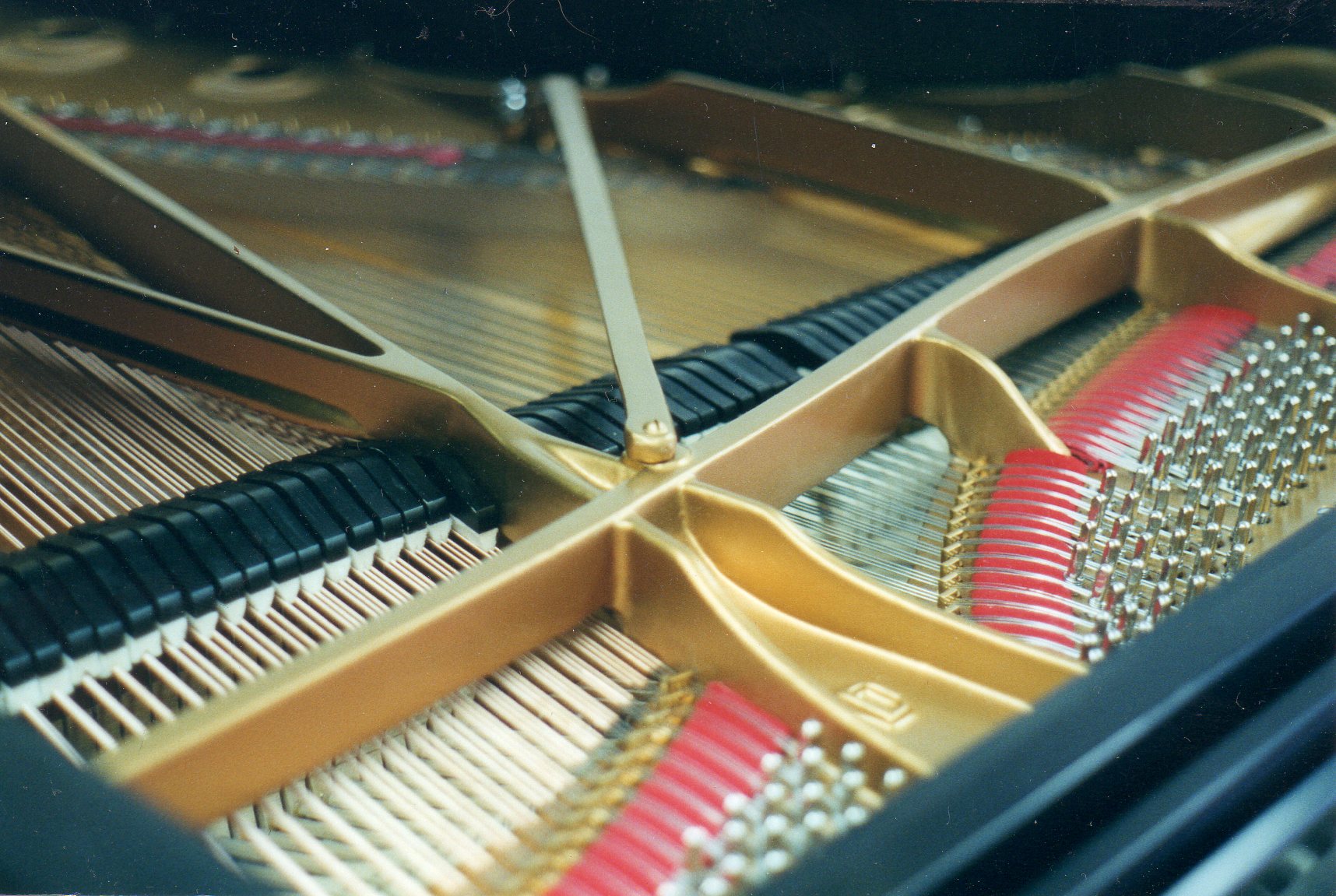“We are committed to quality tuning, repairs & restoration" - Ed Mashburn, Master Piano Technician
Your piano is an investment in your future. It brings joy to you and everyone who listens as well as beauty to your home.
Piano Tuning
Pianos that are prized by their owners are tuned regularly and the piano will perform best when it is tuned to the standard pitch A440 and is professionally maintained.
New pianos require a minimum of 4 tunings per year. The standard tuning recommendation is twice a year.
Pianos that have been exposed to severe humidity changes routinely need pitch raises before fine-tuning can be achieved. Most musicians would not let the piano drop below A-438.
However, there may be a situation when your piano is so flat in pitch because it hasn’t been tuned for many years, it may need a follow-up tuning in 4 to 6 weeks to get the piano to hold the tuning.
Voicing
Over time the felt hammers become compressed by repeated impact and groves form at string contact. They will harden and the sound will be brighter which is not desirable.
The technician will soften as well as shape the hammer felts, file out any groves and this is called voicing. The goal is to achieve an uniform tone across the keyboard.
However, the first step is to have the piano finely tuned. Strings must be properly seated on bearing points and well regulated before any voicing can be done on the hammers.
Regulation
Regulation refers to the procedure of adjusting all the moving parts of the piano action so that the mechanism is performing peak form, with no wasted motion.
For an grand piano to perform at its peak, the first step is to get it into tune, and to repair all broken or worn parts. When this has been done, the piano
is ready to be "regulated" and "voiced."
The goal is to improve the piano's touch and sound.






